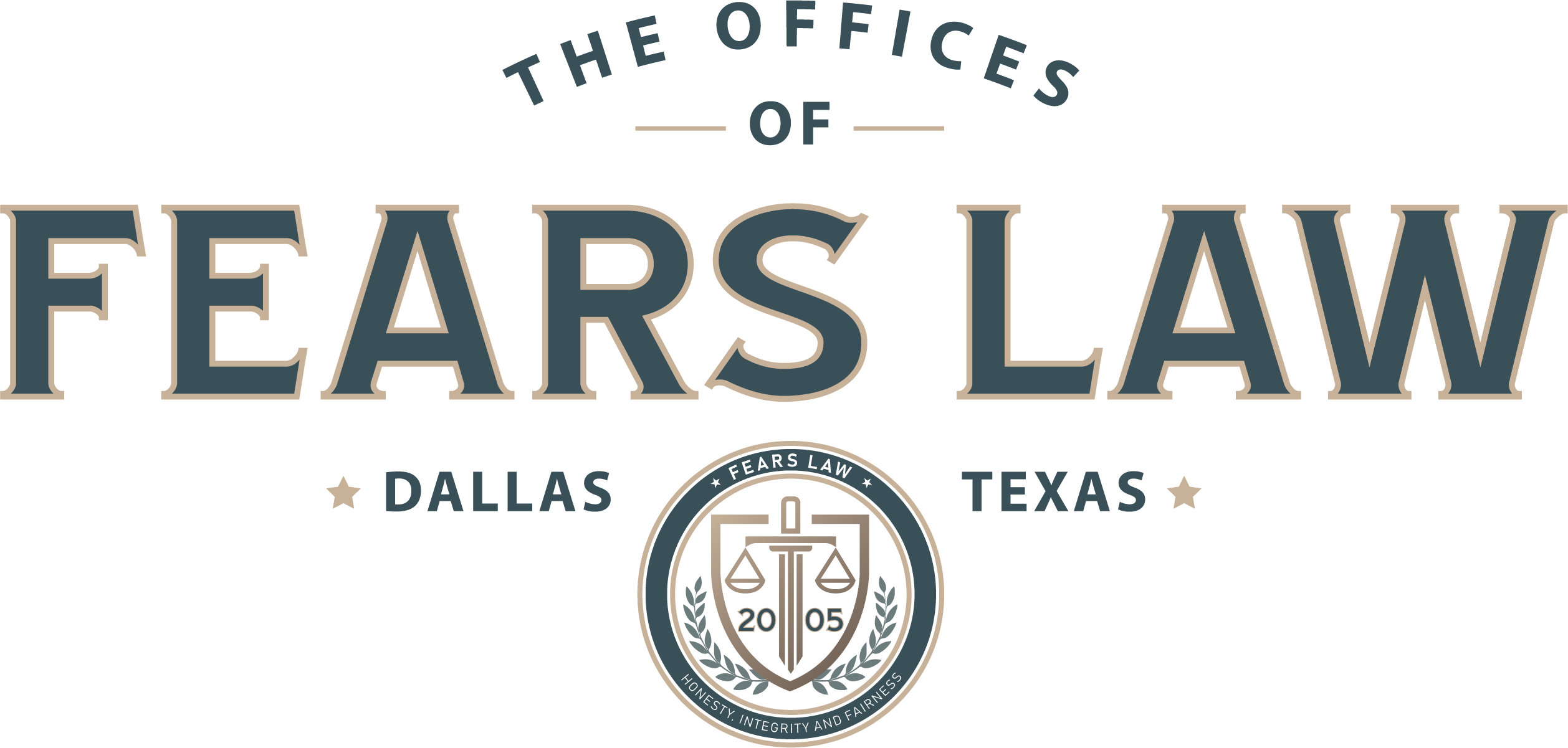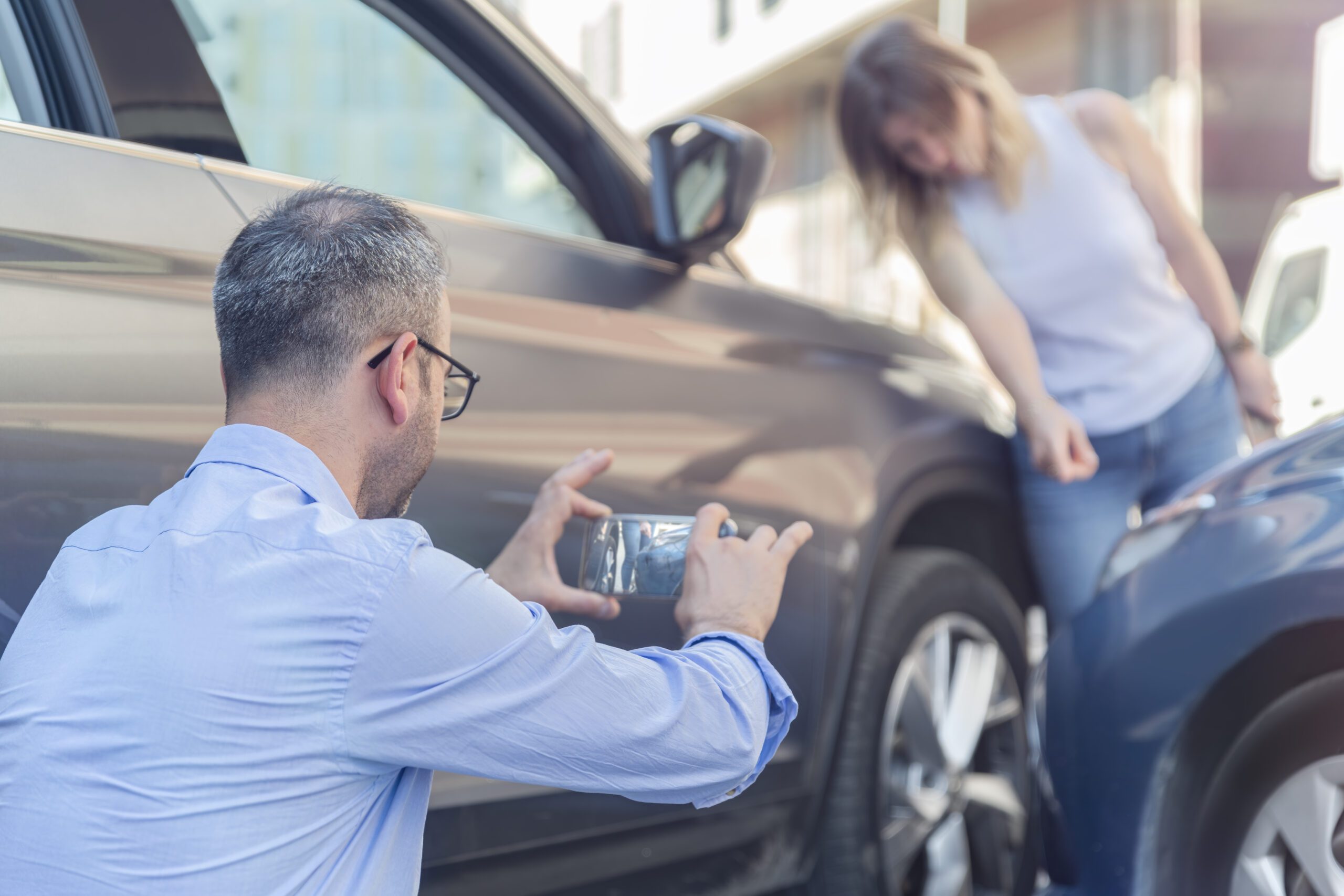Auto accidents can be some of the most stressful situations, which is why it is important to prepare yourself and know what to do if you are in one. Knowing a few simple steps to take at the scene of any accident will help ensure that you and your loved ones are protected.
1. Make Sure Everyone Is Okay
The most important thing is to ensure that everyone is safe. If you or someone in your vehicle is critically injured, immediately call 911. Emergency medical attention should be your number one priority even if it means you cannot complete all the steps below. Moreover, if you are severely injured then you should avoid movement altogether and wait for help to arrive.
If your vehicle is blocking traffic and it is possible for you to do so safely, move your vehicle to the side of the road or out of the way of traffic, and turn on your hazard lights. Then, complete the steps below to the extent you are able.
2. Call 911
No matter the accident’s severity, calling the police helps document the accident to preserve the time, place, and details of the wreck. This is beneficial for everyone involved because memories fade over time, and it helps insurance companies during the claims process. In the case of some very minor accidents, a police department may determine that the phone call itself is sufficient, but they should at least create a written record of the call. You can also go to the police station yourself to file a report in the event that the officers are unable to come to you.
With moderate or severe accidents, the police should always come to the scene, which is helpful not only for documenting the details of the wreck but also for making sure the involved parties get the help they need such as an ambulance ride to the ER. The officer will also obtain vehicle, insurance, and driver information from the everyone involved.
3. Obtain Information from the At-Fault Driver
While waiting for the police to arrive, ask the driver who caused the wreck for their name and number, as well as for their insurance info (company and policy number) and driver’s license. Be sure to take pictures of both the license and the insurance info because sometimes the person driving may not be the person named on the insurance policy, and you will need both the insurance info and the driver’s name. In the event that there are multiple vehicles involved and you are unsure who caused the wreck, we recommend obtaining info from all other drivers. Obtaining the info yourself before police arrive also helps in case someone drives away before the police show up.
During the process of exchanging information, avoid discussing the details of the accident with the other driver. But if another driver verbally admits fault, take note of that. Finally, take pictures of the license plates of all vehicles involved, along with each vehicle’s make and model.
4. Take Pictures of the Scene
First, take pictures of the damage to each vehicle involved in the accident. Second, take pictures of any relevant objects such as a median, tree, or fence that was somehow involved in the wreck. Third, take pictures of any extra details such as skid marks from tires or debris scattered on the ground. Lastly, take some broad-view pictures of the entire scene.
5. Seek Medical Treatment
Even a relatively minor impact of a motor vehicle can cause damage to the human body. Moreover, many common symptoms from car accidents are often delayed by one or several days. Obtaining a medical exam early can identify issues that you may not even know about and will also document exactly what happened to you from the accident. You might be tempted to just live with the pain and let it heal on its own, but this is just about the worst thing you can do. Besides the fact that injuries will take longer to heal without treatment and will often heal improperly or only partially if they heal at all, medical attention is extremely important to document your injuries.
Without documentation, it is very difficult to receive proper compensation for your injuries. This means that if you later decide to seek treatment because the pain becomes too unbearable, months after the fact, it can be hard to get that treatment paid for by the auto insurance company. Thus, failing to treat early will not only cause your body to suffer but will also inhibit your ability to receive any compensation for the injuries. In the worst case, you may end up having to pay for your medical bills out of pocket when they should have been covered.
6. Notify Your Insurance Company
Once you are home or have settled down after the accident, you should inform your insurance company of the accident. Provide basic information such as who caused the accident and when it happened, but beyond that, we recommend consulting an attorney before pursuing any claims further.
7. Seek Professional Counsel
To ensure that your rights are protected and you receive full compensation for the damage caused to you in an accident, it is important to obtain legal advice as early as possible. Not every accident requires legal representation, but most do. Calling an attorney for a free consultation can help you evaluate your options and decide how to proceed. You should talk to an attorney before you talk to an insurance company in any detail beyond simply reporting the fact that the accident happened. Otherwise, you may be asked improper questions or may be pressured into an agreement not in your best interests.
If you are represented by an attorney, insurance companies are no longer allowed to talk to you about the accident, so hiring an attorney early will prevent insurance companies from taking advantage of you.
If you or a loved one have recently been involved in an auto accident and need an attorney, contact Fears Law today. We can help.
ABOUT THE AUTHOR
Christopher Pride
Christopher Pride has passionately served hundreds of clients in their personal injury cases. During his years of practice, he has encountered many issues that could have been avoided with adequate information and preparation. Christopher writes legal blogs on the side in order to help others avoid some of the more common issues he has seen and to answer frequently asked questions.

